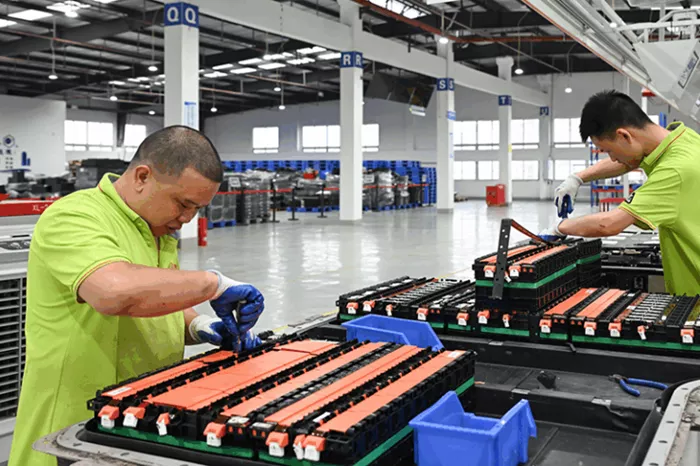China is implementing its most stringent electric vehicle (EV) battery safety regulations to date, set to take effect on July 1, 2026. These regulations are expected to accelerate the development of next-generation battery technologies, such as solid-state and sodium batteries, which are seen as safer alternatives to traditional lithium-ion batteries.
According to Yu Qingjiao, Secretary General of the Zhongguancun New Battery Technology Innovation Alliance, the new rules represent a major shift in the industry, with the explicit prohibition of fires and explosions, addressing the risk of thermal runaway that has long been a concern in the industry. The regulations are regarded as the strictest ever introduced in China for battery safety.
Yu highlighted that the move toward solid-state and sodium batteries, which inherently present a lower risk of thermal runaway, could lead to accelerated advancements in their commercialization. While these next-generation battery technologies are still in their early stages, their potential to enhance safety and performance in EVs is considerable.
The updated safety regulations are expected to create favorable conditions for solid-state and sodium battery innovation, giving a significant boost to research and development efforts within the EV industry.
Related topics:
- Taiwan to Adjust Lithium-Ion Battery Recycling Fees Starting July
- Cubico Unveils Major Wind and Battery Project in Queensland
- Hyundai Mobis Develops Advanced EV Battery Safety Technology

